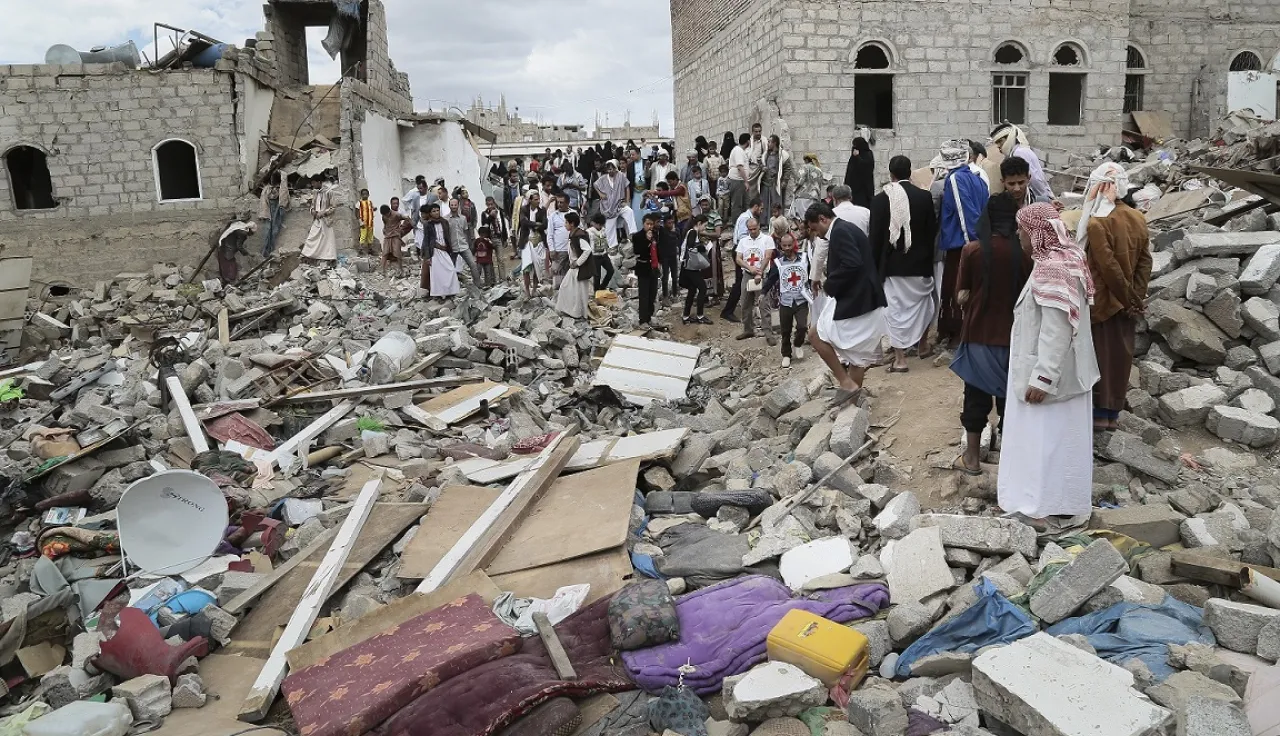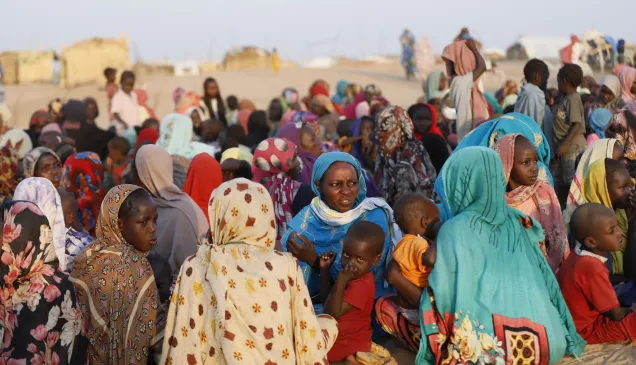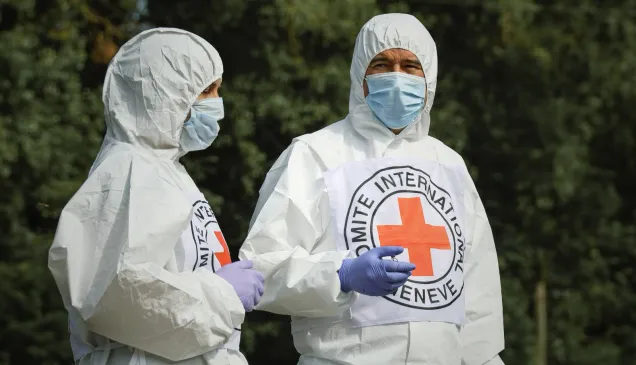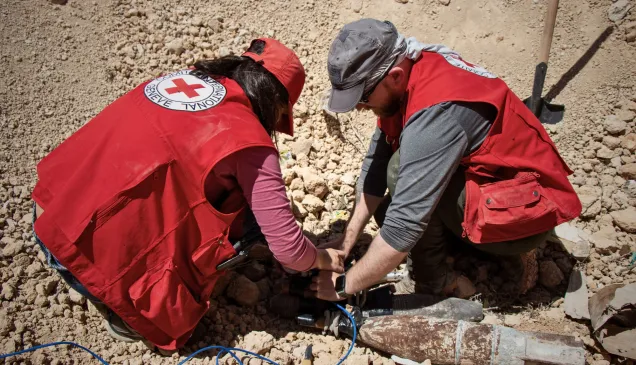ICRC to participate in Urban Humanitarian Response Symposium

Last year alone, more than 65.3 million people were forcibly displaced by conflict, while each year on average 26.4 million people are displaced by natural hazards. Globally, more than half of all refugees and internally displaced people live in urban areas, often remaining displaced for decades with an uncertain future. Such complexity challenges the usual humanitarian ways of working, which are traditionally geared towards work in rural or camp-settings.
The ICRC recently released two new research publications, War in Cities and the I saw my city die, both of which illustrate the devastating short and long-term impact of war in cities. ICRC representative Markus Geisser, senior policy adivsor, and Federico Sittaro, ICRC strategic planner, health and urban infrastructure, will be discussing this topic in more detail at the upcoming Urban Humanitarian Response Symposium in London this week. For the past two-years, the Stronger Cities Consortium - International Rescue Committee (IRC), Norwegian Refugee Council (NRC), and World Vision - has been working to develop practical guidance notes and tools to be able to put urban response principles into practice, from understanding urban contexts and the diversity of needs of displaced people to the application of area-based and integrated approaches for programming.
Join the event on June 29th and 30th, 2017 for the Urban Humanitarian Response Symposium. The Symposium aims to foster a practitioner oriented conversation and dialogue about what are the concrete tools and approaches humanitarian and development actors are applying to respond to urban crises. The two-day event will include research and lessons learned from a range of contexts and cities. The ICRC will also have an information stand at the Urban Marketplace on 29th June from 5pm onwards.
Topics for the Symposium will include:
Urban Context Analysis and Stakeholder Engagement
Urban Multi-Sectoral Vulnerability Assessment
Urban Targeting and Response Analysis
Operationalizing Area-Based Approaches
Integrated Livelihoods and Protection Programming
Addressing Tenure Security
Leveraging Technology-Based Platforms to Enable Access to Information and Accountability.
The event is made possible through the generous support of the International Institute for Environment and Development (IIED) under the Urban Crises programme funded by the Department for International Development (DFID) and support of the European Commission's Humanitarian Aid and Civil Protection department (ECHO) through the Enhanced Response Capacity fund.
Click here for further details about the event and to register.



